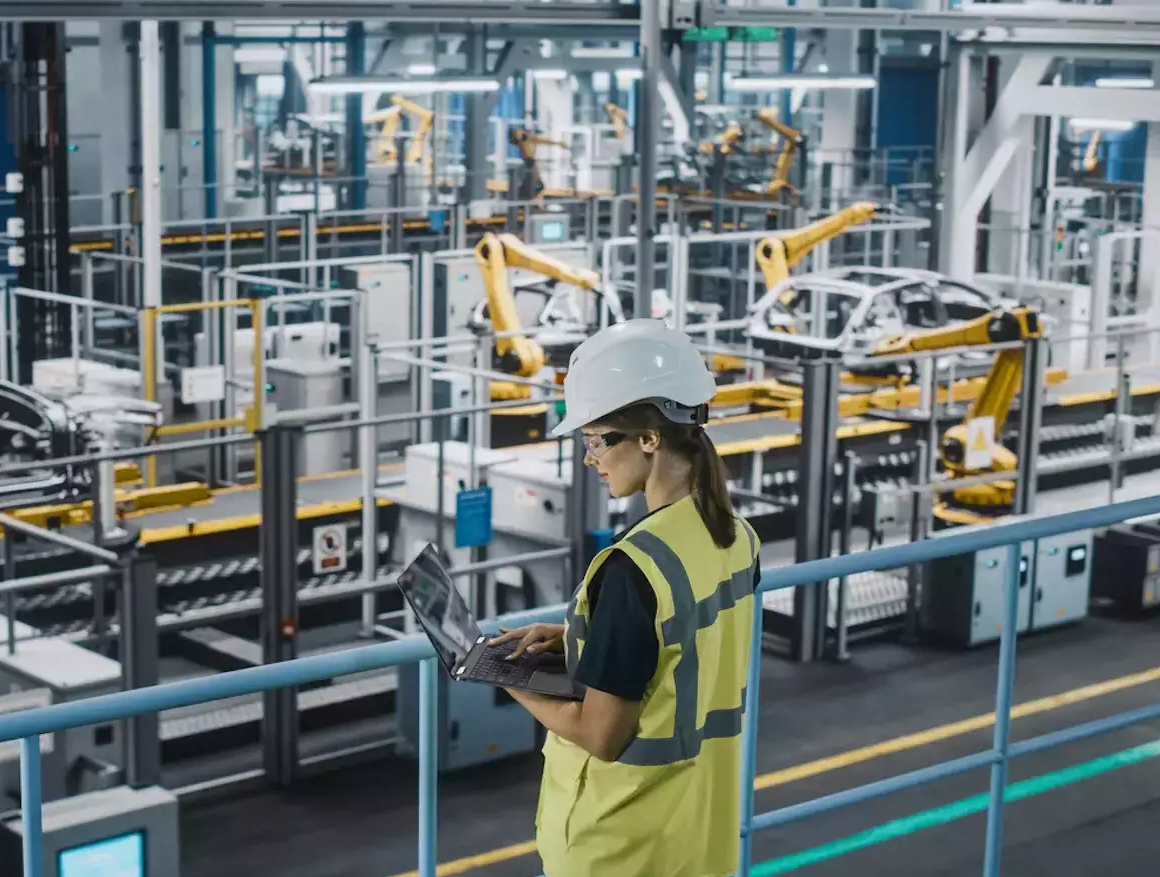
The automobile industry needs to stop seeing talent diversity as a corporate social responsibility (CSR) goal, and consider it as a core to their business, said Amrita Ganguly, Chief Diversity Officer, Tata Motors.
Speaking at an event recently organised in New Delhi by the Society of Indian Automobile Manufacturers (SIAM), Ganguly emphasised the need for empathetic leadership skill and attitudinal shifts among women employees to step forward in this direction.
“Women should be ready to take challenges at the workplace and turn these challenges into opportunities to make these inclusion processes faster,” said Ganguly.
According to Ganguly, Tata Motors introduced 100% women in its assembly line for its premium SUV segment during the Covid-19 times.
“We need to provide a holistic workplace environment to make it inclusive. At the managerial level, we have 150 internal trainers to infuse gender sensitisation at the shop floor,” added Ganguly.
Targets related to gender diversity are possible only when organisations consider it from their business needs rather than mere inclusion needs, said Alkesh Wadhwani, Director – Poverty Alleviation, India, Bill & Melinda Gates Foundation.
Quoting a recent Periodic Labour Force Survey (PLFS), Wadhwani said the female labour force participation rate (LFPR) in India during April- June 2024 was 25.2%.
Jyoti Singh, Head – HR (R&D) and D&I, Hero MotoCorp, said, “We have three key strategies to enhance organisational diversity. Firstly, hiring more women students from Tier-I colleges (IITs); secondly, innovating our shop floor infrastructure; and finally, giving importance to a mindset change at the workplace.”
While deliberating on building women leadership, Singh said women talent needs to be invested in their task, and the management should also be ready to provide challenging opportunities to women talent so that they could excel in their field.
Sudipto Marjit, Group Chief Human Resources Officer, Tata AutoComp Systems, said the automotive industry is changing rapidly such as changes in car manufacturing (internal combustion engine to electric vehicle) and the digital transition from the traditional concept of mechanical engineering to the concept of power electronics. These transitions are also helping to enhance the female headcount at the shop floor.
Madhukar Bhat, CHRO, Sansera Engineering, said, “We are hiring more women engineering talent from the campus to develop a future leadership pipeline.”
Besides gender diversity, and hiring women talent to build a culture of inclusion at the workplace, Bhat also put emphasis on other aspects of the diversity landscape such as neurodiversity of talent and the LGBTQ+ community.
The HR leaders also highlighted the present shop floor scenario at major automotive manufacturing firms in India.
At Hero MotoCorp, while the gender diversity ratio currently stands at 15%, the company is planning to achieve a 20% target by the end of this year. For Tata AutoComp System, this number is far lower, as it stands at 6.8%, though the company has a target to enhance its gender diversity number to 28% in the next four years.
Sansera Engineering has a healthy gender diversity ratio on its shop floor, which currently stands at 28%. This gender diversity is mostly concentrated at the junior and mid-junior levels, as the company is facing challenges to fill its senior level women leadership positions.

